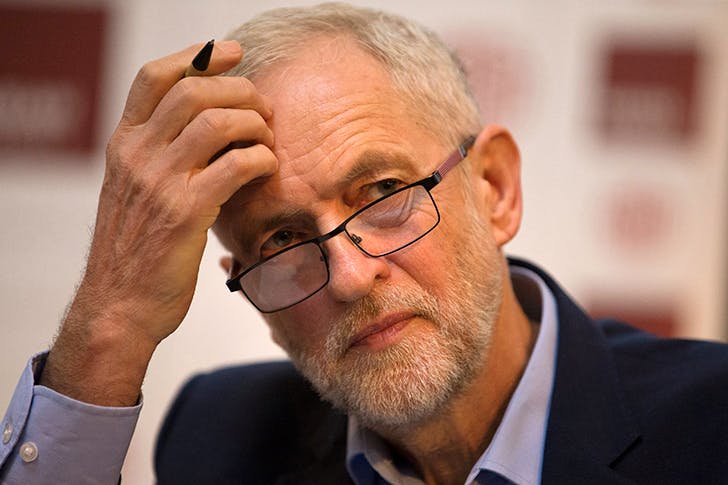Just how could the Conservatives win so many seats in working class areas in the Midlands and North, areas which the party stands accused of hollowing out through its cruel monetarist policies in the 1980s?
There is a fairly simple answer to this: it is no longer the 1980s, and areas which were once hollowed out through mass unemployment are no longer afflicted in this way.
Today’s employment figures show just what Labour is up against when trying to convince the working classes that they have had a raw deal out of the government. The unexpected jobs miracle of the past decade continues. The employment rate is no longer falling as sharply as it has done over most of the past 10 years, yet at 76.2 per cent it is still at record highs, up 0.4 per cent in the past 12 months.
Unemployment, at 3.8 per cent, is 0.3 per cent down. Average weekly wages are up 3.2 percent over the year – a healthy 1.5 percent in real terms. And if you don’t like your current job, there are 800,000 vacancies across the economy – slightly down in a year ago but still near record highs.
The working population, then, is getting a pretty good deal – and vastly better than it was in the 1980s, when we had three million unemployed. What’s more, it’s getting better. The government is committed to raising the National Living Wage to more than £10 an hour. The personal tax allowance has nearly doubled over the past 10 years, and now the National Insurance threshold is to be raised again.
Labour’s charge about mass job insecurity fails to gain traction because it isn’t true. “Zero Hours Britain”, as Labour likes to call it, is a tiny constituency – only 2.8 per cent of the population are employed on a zero hours contract in their main job.
Moreover, many of these appreciate the flexibility of the arrangement. When the ONS looked into this in 2017, it found only a third of people on zero hours contracts actually wanted more hours.
This is all a very big problem for a party which was set up to represent working people and still bears the name “Labour”. Instead of focusing on working people, the party has drifted towards representing the destitute. The destitute, of course, deserve help – it is uncomfortable that the homeless population has been rising. The government is culpable in some ways: the bungled introduction of Universal Credit (while a good idea in itself, and is even backed by left-leaning charities like the Joseph Rowntree Foundation) has created acute poverty where it did not need to exist. To make claimants wait six weeks for payments is too long, and forcing them to make claims online is a needless complication for people who, for obvious reasons, are unlikely to have much internet access. Low rates of housebuilding have added undue pressure.
Yet the constituency of the destitute is tiny compared with that of working people. There are 1.28 million unemployed people, down by nearly two thirds since its twin peaks in the 1980s and 1990s. There are 320,000 homeless – which is high – but that includes people in temporary accommodation. The number of rough-sleepers is tiny – just 4,677 in January this year – and their existence is less evidence of endemic poverty than of mental health and drug addiction issues. Those, of course, are important but they do not have much to do with macroeconomics.
Labour ran an election campaign based on fighting destitution but had rather less to offer working people, especially those on low incomes who have done very well out of the Coalition and now the Conservatives. Unless and until economic conditions change for the worse it is hard to see how the party can transform its appeal to its traditional working class vote.







Comments